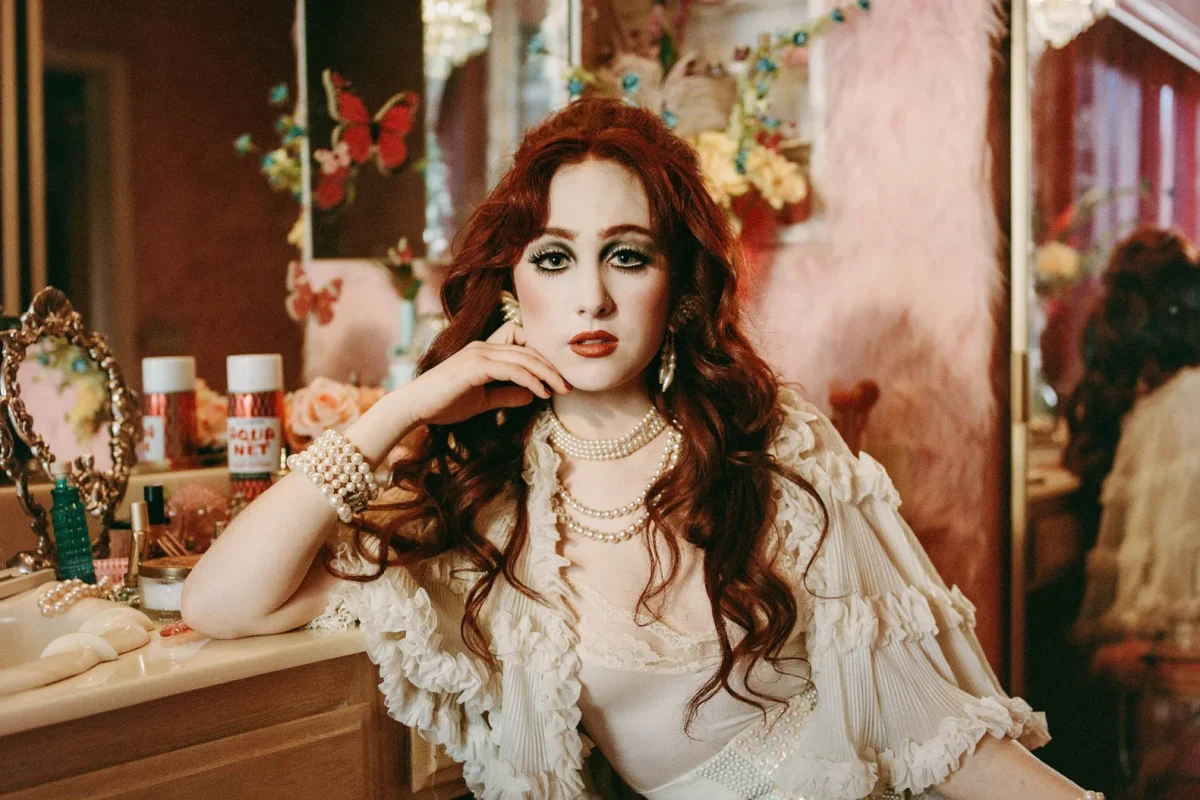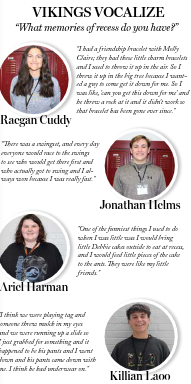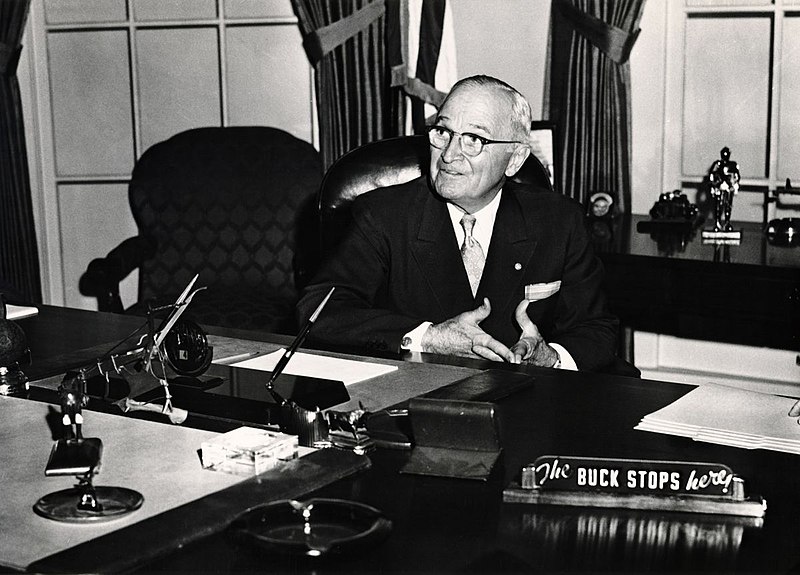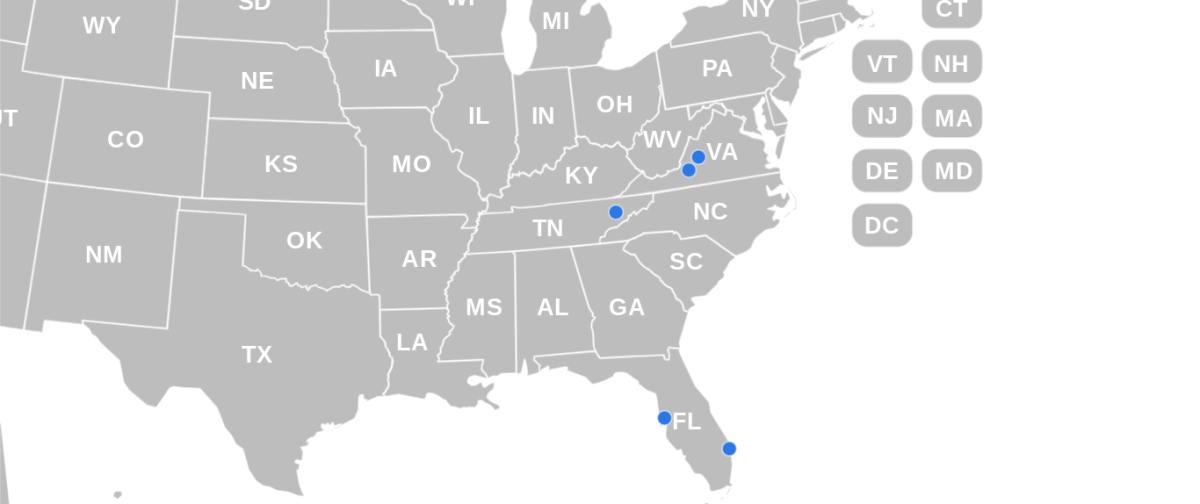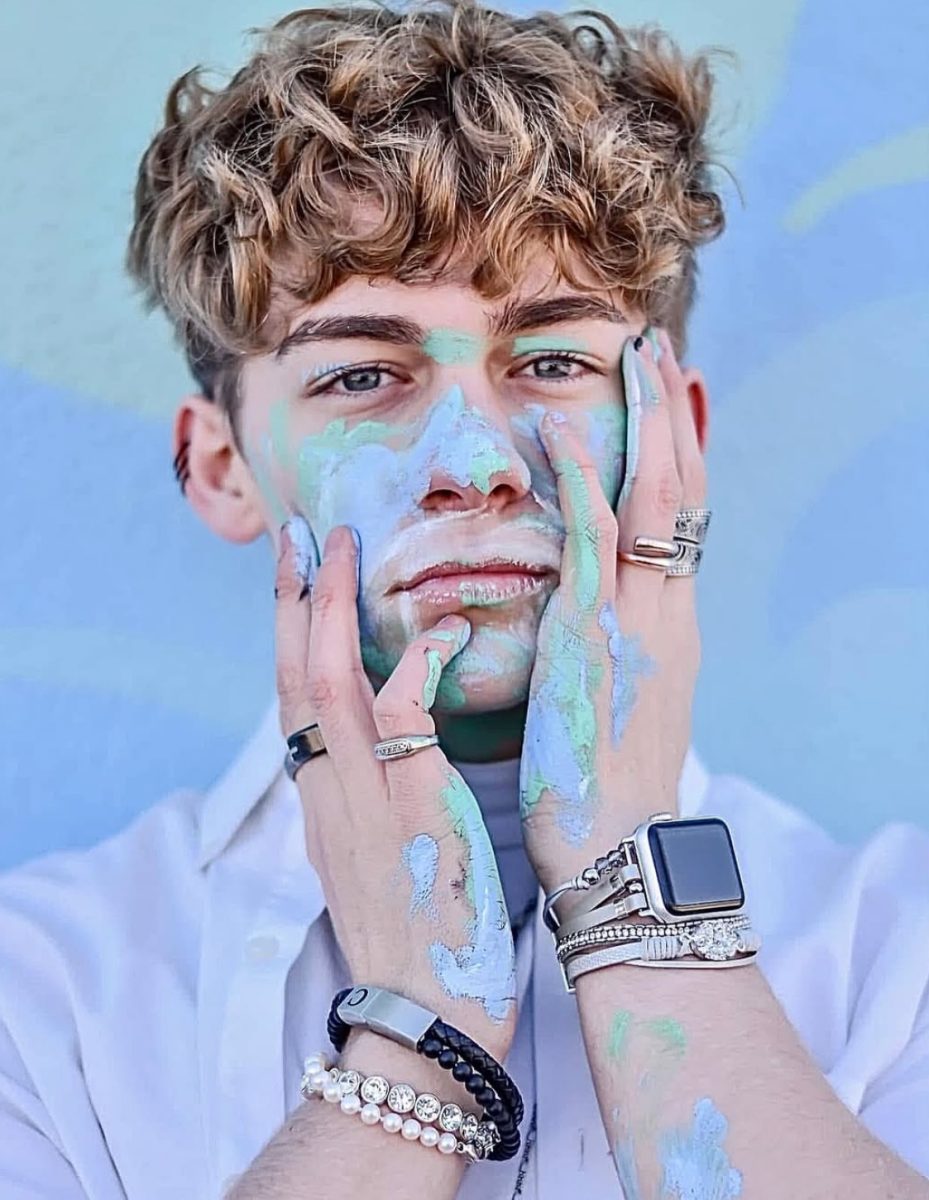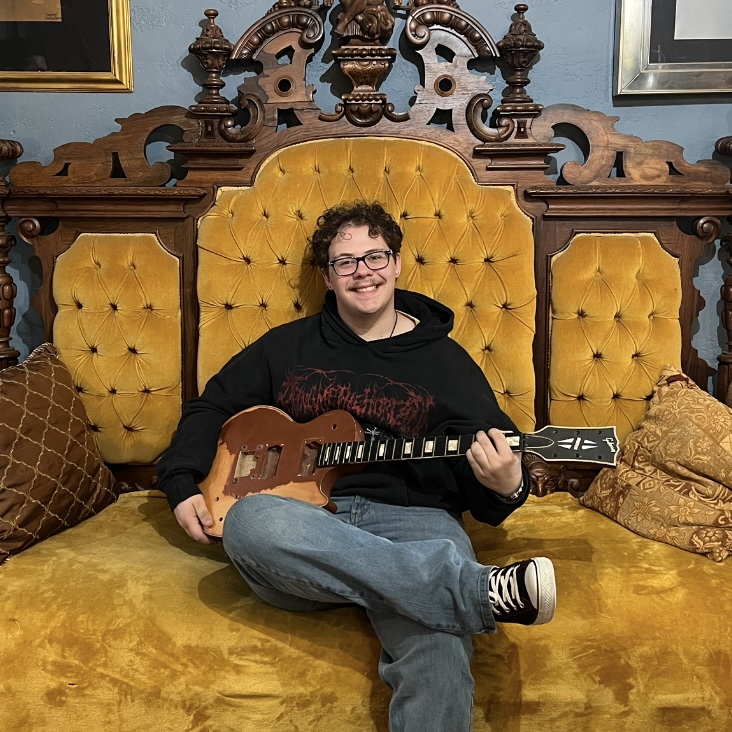In the age of social media, pop stars, and influencers, it’s easy to feel connected with your favorite people. With the tap of a finger, you can get a detailed look into their personal lives. Because of this, it can be hard not to get attached, or feel like you know them personally.
Of course there is so much danger in this. In the beginning ages of the internet, little about online safety was known. It could easily be perceived as a slightly more public diary, a place where you could pick and choose who saw your life.
Eventually, though, anyone could find a way to see your private information, and people realized anything you post will live forever. However, it wasn’t until after Gen Z had grown up on the internet, experiencing important milestones while watching YouTubers overshare their lives on the internet that they realized there’s a price to pay for being so open.
The term “parasocial relationship” was coined in 1956 by Donald Horton and Richard Wohl. After analyzing the relationship between TV stars and viewers, the men coined the term when they saw the one-sided connection fans felt with the stars. So, they determined that a parasocial relationship is one where a fan feels connected to celebrities or fictional characters.
While this may seem harmless, those on the receiving end of this relationship often struggle with people they’ve never met acting so close to their lives. Some fans feel entitled to ask deep and personal questions, and a handful feel obligated to track their every move.
Many celebrities, like famous pop singer Chappell Roan, have spoken about how these “bonds” affect their everyday life. In late 2024, Roan opened up and revealed she had a stalker, who had found her family’s address and found her hotel room. Roan, previously feeling safe enough to travel alone, said now she has enlisted a security team to travel with her everywhere.
Of course, not all cases of these relationships are that extreme. A more “normal” situation includes fans prying into romantic relationships. For some reason, fans think that just because a singer writes a song about love or because an actor kisses someone on screen it means that a celebrity’s intimate relationships are up for interpretation.
Despite this, I can’t say that all instances of parasocial relationships are bad. Some celebrities, like Taylor Swift, have built their entire platform on relationships with fans. It is my belief that if Swift had not been so excited and interactive with fans, she would not have the legacy she holds today.
While I, as well as others, love Swift’s music, it is also so easy to fall in love with her personality. Early on in Swift’s career, she made it a point to interact with anyone she could. Talking to fans in person, doing meet and greets at concerts, or responding to online questions all helped Swift build her image as a nice and loving person.
However, even Swift had to take it down a notch when fans felt like this honest relationship gave them permission to ridicule Swift on her body, her music, or her looks, and just pass it off as “tough love.”
In addition to harming the people they care about, blindly following someone online can hurt a fan themselves. In the age of social media and influencers, it has become a lot easier to get famous. People like Chris Olsen, Emilie Kiser, and Avery Woods have built a platform on social media, and have gained access to events that would usually be reserved for actors or musicians. With this, though, comes a great amount of trust and certainty that you place in these content creators.
With it being so easy to get a following, it’s also easy to hide information you don’t want online. When you’re an influencer, you mostly edit and produce your own content. This means that they have handpicked and curated everything that’s on the internet to appeal to their audience.
Because of all this, so many bad— or “controversial”— people have gotten a platform they used to manipulate their fans, playing a character online that is so different from themselves.
An example of this would be Ruby Franke, the mom of a popular family vlogging channel 8 passengers. In 2023, it was found out that Franke, the face of a “perfect Mormon family” was actually abusing and neglecting her kids, and that the personality she put on for the cameras was far from her true self.
Using followers in this way, though, harms them. This kind of facade can’t last forever, and eventually, when someone’s favorite creator suddenly becomes a bad person, it can make the fan spiral. If an influencer posts consistently, replies to comments and tags, it easily starts to feel like you have a long distance friend. So when they are found out to be a liar, fans feel like their best friend just stabbed them in the back.
All in all, there’s a thin line between admiring someone from afar and feeling like you know a stranger. It’s super harmful when fans feel entitled to know and track their favorite celebrities, and it’s also hurtful to fans when their favorite influencer turns out to be an awful person. While yes, interactions with fans help build a platform, the line to draw between “superfan” and stalker is super thin, and something that harms multiple parties needs to be analyzed.




